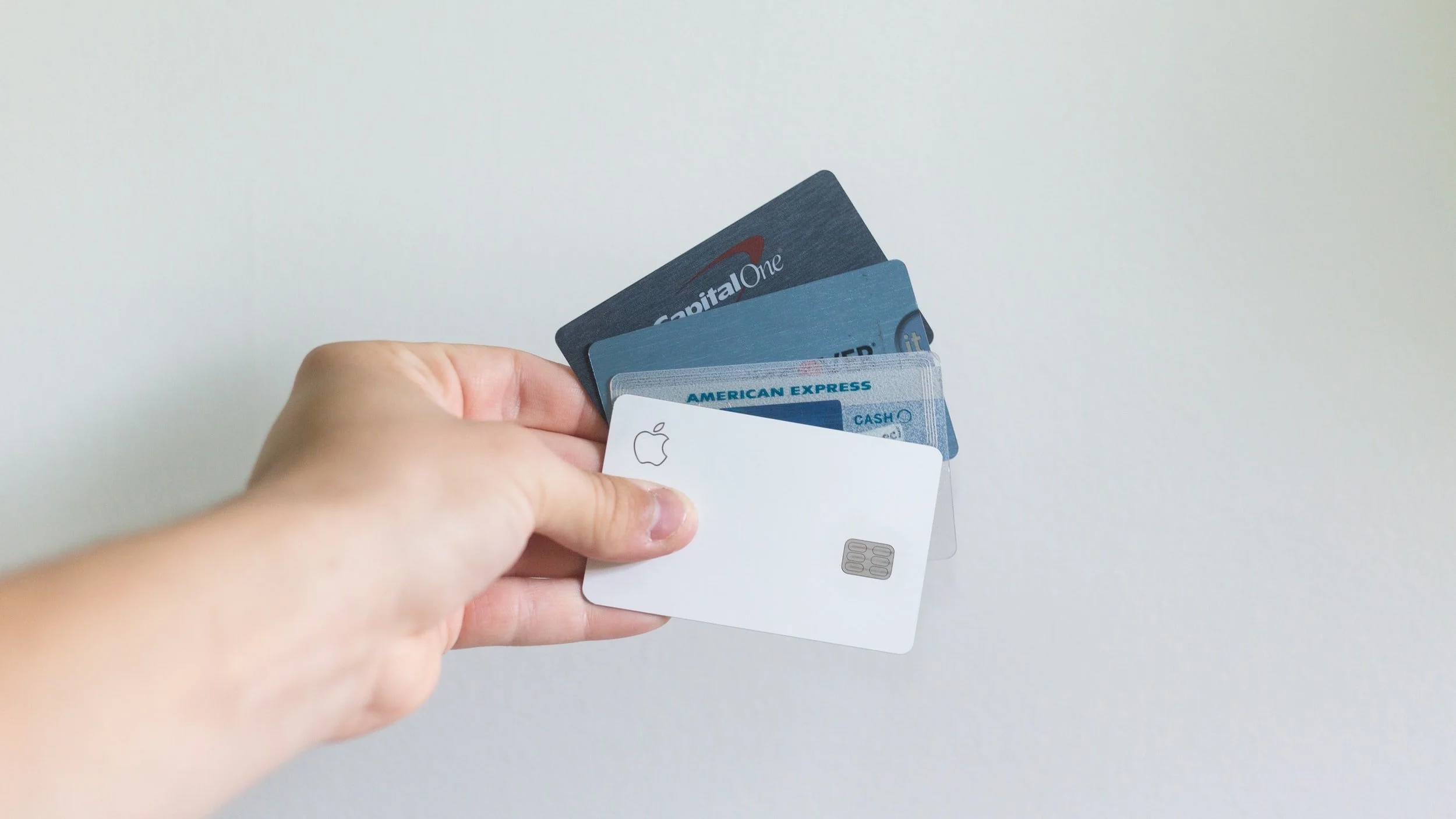I-Bonds are all the rage!
I-bonds (Series I Savings Bond) are all the rage! I-bond purchases in the last two months of 2021 were almost equal to purchases the entire five years prior. They are offering 7.12% interest at the moment are very safe. If you can wait a year to get your money back a bit like a CD, they are an incredible choice for your ‘safe’ money.
I love I-Bonds and have had them since 1999. However, they are not as easy to use as one would hope and I think they fit best in a long-term strategy. Here are some tips (pardon the pun) I give clients for purchasing and using them.
You can only buy I-Bonds directly from the US government at the Treasury. They pay a regular (tiny) interest rate, like your savings account. On top of that, they pay an amount equal to CPI every year: the inflation adjustment. The I-Bond you buy ($25 minimum) compounds like a savings account. When you cash it in you get the interest, plus the inflation adjustment, plus your original value all back at once.
One nice feature of I-Bonds is that they grow tax-deferred, like your 401k or IRA. You don’t pay the interest until you cash out.
With I-bonds paying over 7% right now, why aren't we all loading up on I-Bonds? The biggest issue is that one can only buy $10,000 a year per social security number. (Perhaps ironically, that $10,000 limit established in 1998 was not inflation-indexed. If it had been, you would be allowed over $17,000 per year today.)
If you are very determined, the $10,000 limit has a few workarounds:
If you are married, both of you can put $10,000 in every calendar year.
Deliberately overpay your taxes, and request a $5,000 per tax return I-bond with form 8888.
Open a Treasury direct account for your private business and buy $10,000 (LLC, S-Corp, partnership)
File for a revocable trust, and open one for each trust.
Open accounts for your kids “Establish a Minor Linked Account” - but know that they own it when they turn 18.
Another potential pitfall is that your money is tied up for a year. That's important to remember. Don't put money in there that you know you will need inside 12 months. After that 12-month period, you lose a quarter of a year's interest if withdrawn before five years, a small penalty.
An I-Bond can't be split up or partially cashed. It's all or nothing. And when you cash it, it's gone permanently. Treasury Direct is not like a checking or savings account.
I-Bond returns have not always been better than a savings account. They have done better about half the time since they were introduced in the late 1990s. However, I-bonds have done better than savings accounts for most of the last two decades.
There is an education benefit for I-Bonds that work like 529s but there are income limits. You can take the money out and pay no taxes on the interest if it's for a qualified education expense (not for room and board), but your income has to be modest; under $97,350 modified AGI for single and $153,550 for married filing jointly. I find clients are in high-earning years when kids start college.
The Treasury Direct website is terrible. This is talked about on consumer investing forums a lot, but don't let it scare you, it's navigable. (However when setting up your account, if you fail their identification questions, you may need a difficult-to-obtain signature guarantee and that's a pain in the ass.)
How should you use them? If you are saving for retirement, they are excellent tax-deferred investments, and should be part of your bond allocation. The only downside is you can’t rebalance them into stocks as markets shift, at least not without selling them. But at current purchase limits, it’s unlikely anyone will have too many I-Bonds.
What I really like them for is an emergency fund. Put $10,000 (or $20,000 if a couple) away every year until you have a fully-funded emergency reserve. It will always (nearly) match inflation, never loses value, and be there when you need it.
I think this is an especially good use of I-Bonds if you are the type of person that dips into emergency funds for less-than-full emergencies. The I-Bond 'all or nothing' cash out and Treasury Direct website difficulty become ‘features not bugs’ in this respect. You'll still need a month or two in a regular savings account for quick access, but you can get the I-bonds later if you need it.






